
- Article
- Article
Deadly doses and the hardest of hard drugs
The invention of the modern hypodermic syringe meant we could get high – or accidentally die – faster than before. Find out how this medical breakthrough was adapted for deadly uses.

- Article
- Article
A story of death, trauma and austerity
Marienna Pope-Weidemann, whose teenage cousin Gaia died after going missing, advocates a rethink of our systems, which currently fail many in mental distress.

- Article
- Article
The shocking ‘treatment’ to make lesbians straight
Being a lesbian has never been a crime in the UK, but 50 years ago, some psychologists experimented with treatments to try to ‘cure’ women of their orientation. Find out what this involved.
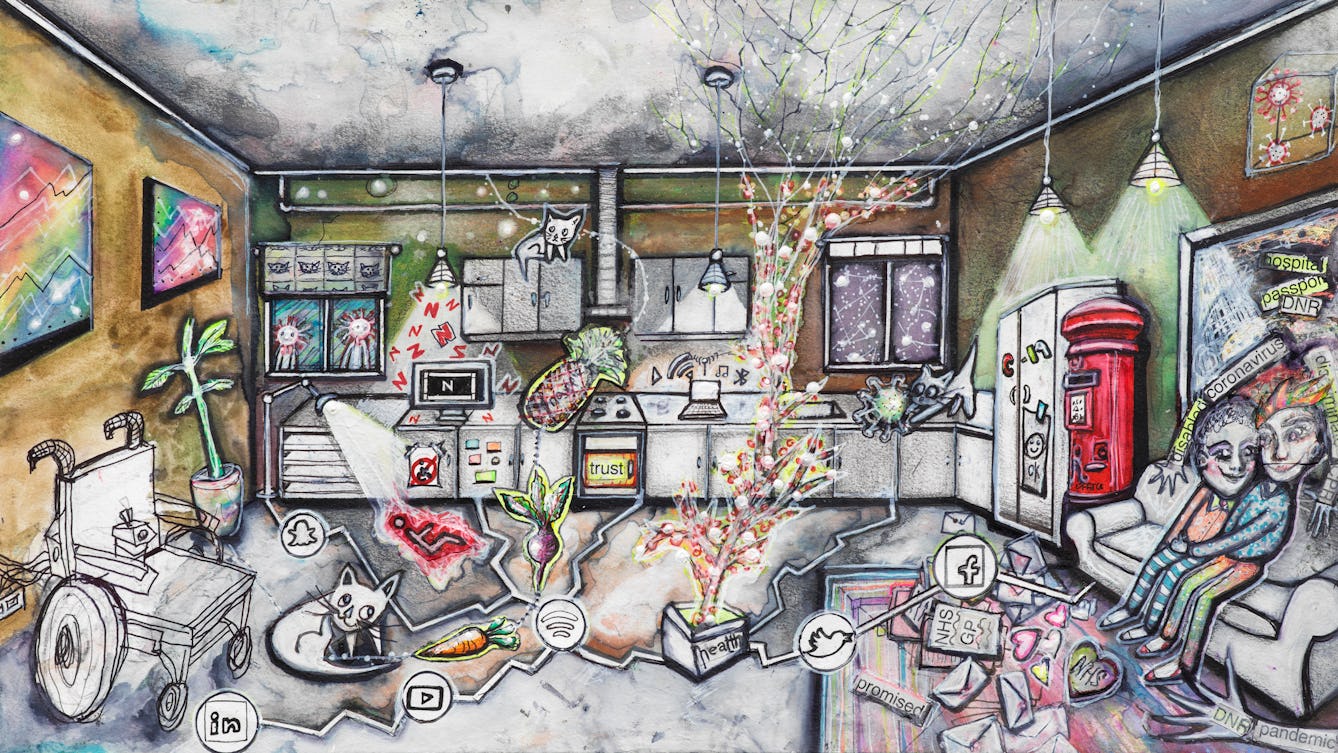
- Article
- Article
Lying low for lockdown and beyond
For Liz Carr the chances of catching Covid-19 are the same as for anyone else, but as a Disabled person she's at much greater risk of not getting the treatment she needs if she falls ill.
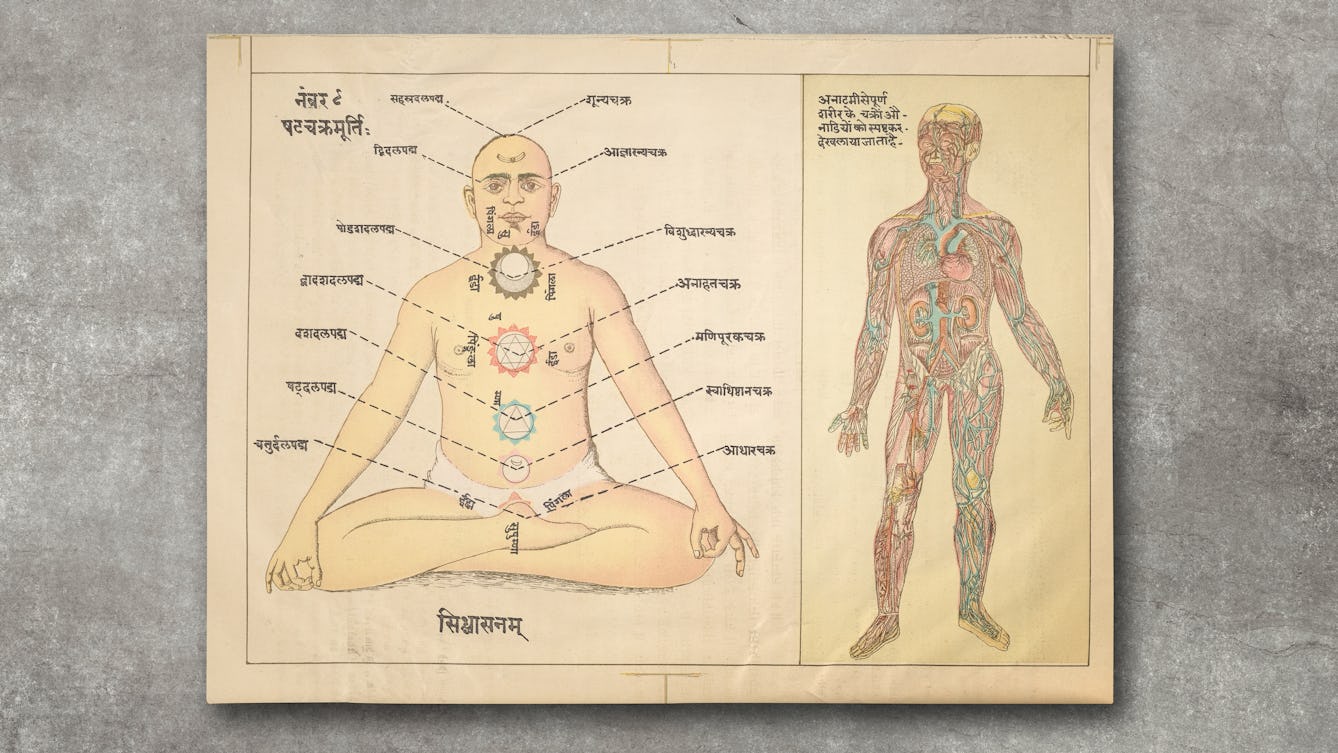
- Article
- Article
The healing power of breathing
The healing powers of different breathing methods are said to help with a range of health challenges, from asthma to PTSD. Effie Webb traces their spiritual origins and explores the modern proliferation of breathwork therapies.

- Article
- Article
Printing the body
The 18th century saw multiple technical developments in both printing and medicine. Colourful collaborations ensued – to the benefit of growing ranks of medical students.

- Article
- Article
Thousands of years of women’s pain
Even in the 21st century, women with severe monthly pain find their suffering minimised or dismissed by the medical profession. Such pain is seen as simply a natural part of being female.

- Article
- Article
Trust me, I’m a patient
Artist Rachel Rowan Olive is an expert in the way her mental health condition affects her. Here she explains how it helps if doctors understand that.

- Photo story
- Photo story
The man who remembers everything
Tilney1 can remember his life in minute detail, but can’t control the incessant intrusion of thoughts and images from the past. As cuts to mental health services isolate him more and more, a crisis approaches.

- Long read
- Long read
Healthy scepticism
Healthcare sceptics – like those opposed to Covid-19 vaccinations – often have serious, nuanced reasons for doubting medical authorities.
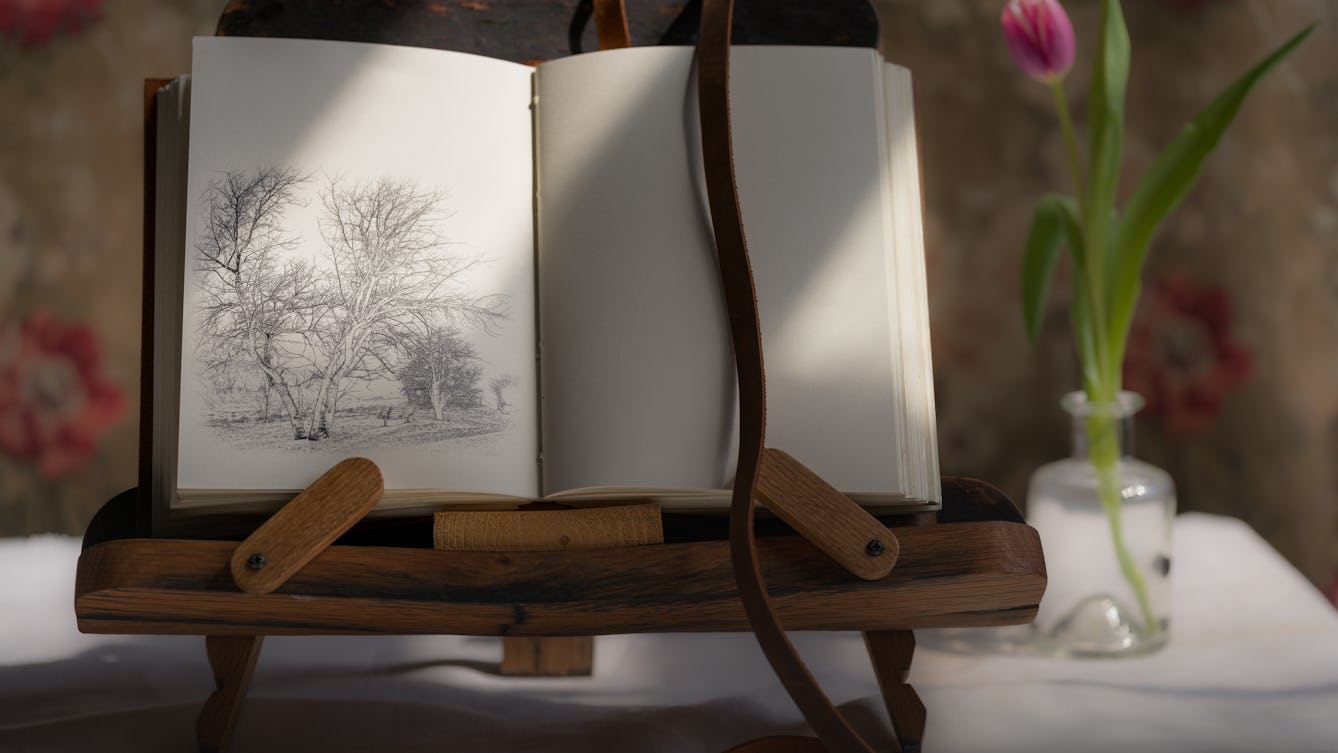
- Long read
- Long read
Love, grief and assisted dying
In this deeply affecting story, Michelle Elliot explores the events and emotions around the time of her mother’s medically assisted death in Canada, where the practice is legal.

- Long read
- Long read
Primodos, paternalism and the fight to be heard
Journalist Florence Wildblood examines the case of Primodos – a conveniently quick but risky hormone pregnancy test that was prescribed in the 1960s and ’70s – and profiles two women at the story’s shocking heart.
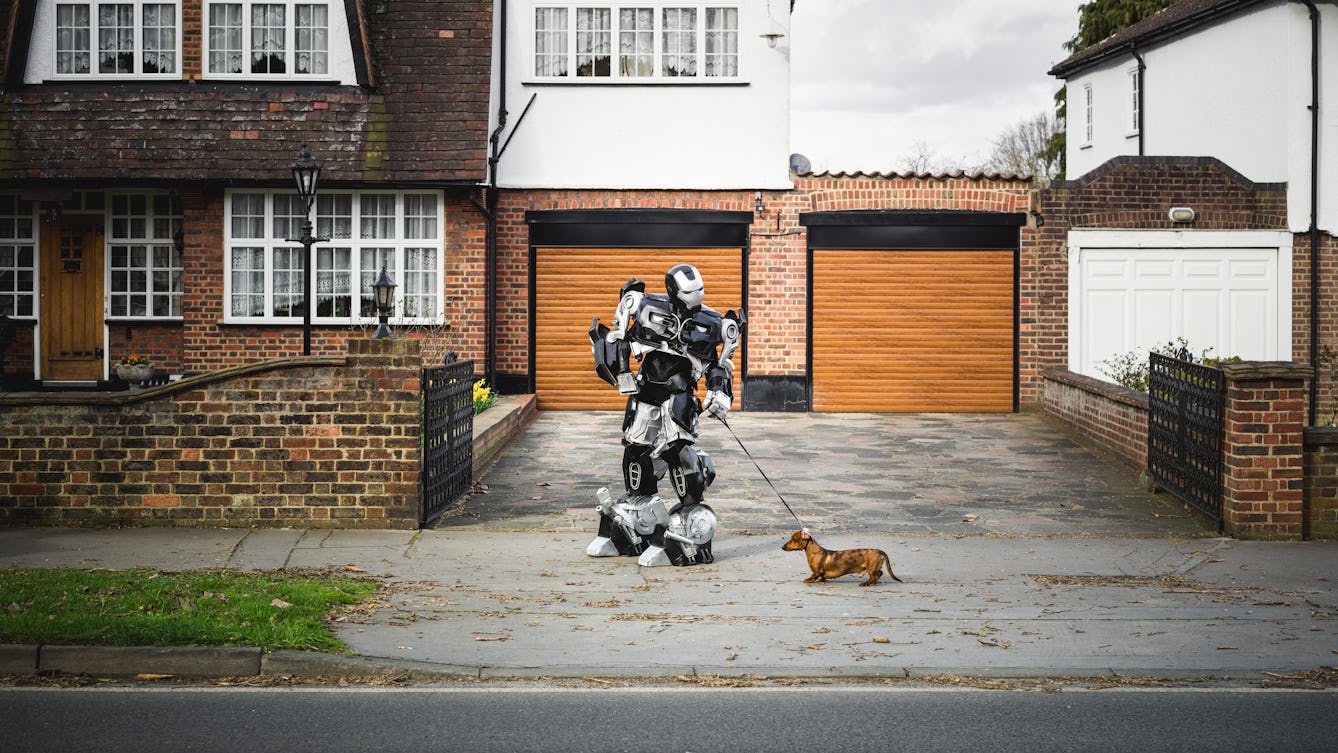
- Article
- Article
Artificial intelligence and the dream of eternal life
Until now, eternal life was the stuff of fiction, or in the unknowable realms of religion. But an artificial intelligence that ‘remembers’ the whole of an individual’s experience could be the way to life after death.

- Book extract
- Book extract
Ayurveda: Knowledge for long life
The story of medicine in India is rich and complex. Aarathi Prasad investigates how it came to be this way.

- Article
- Article
Providing care across languages
When medics are taught in English but their patients speak other languages, effective communication becomes fraught. Niyoshi Shah explores the linguistic gaps between patient and doctor.

- Article
- Article
Thalidomide, a bitter pill
Hear from some of the women who took the drug thalidomide over sixty years ago about the fear, isolation and grief that they experienced as the appalling pharmaceutical scandal unfolded around them.
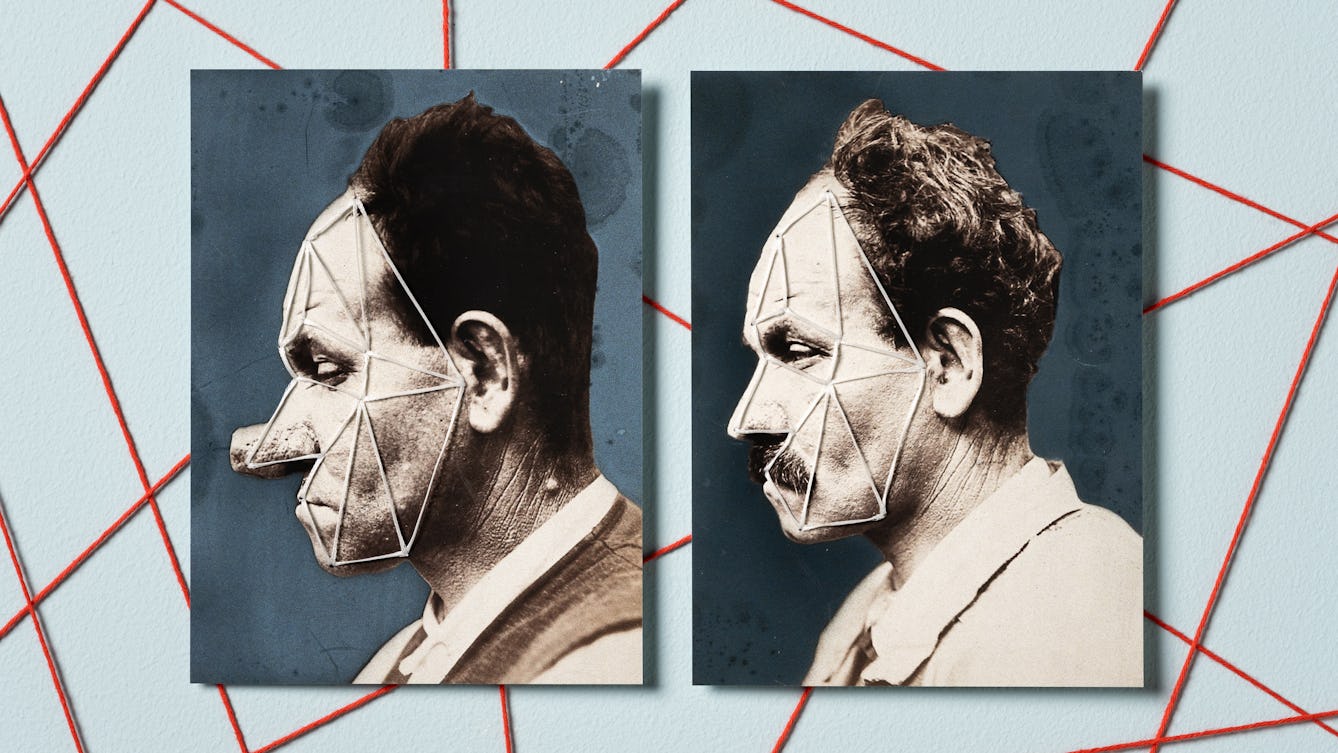
- Article
- Article
Why even plastic surgery can’t hide you from facial recognition
Once upon a time, plastic surgery allowed a few notorious criminals to evade the law. But today, sophisticated facial-recognition technology has turned dreams of anonymity to dust.
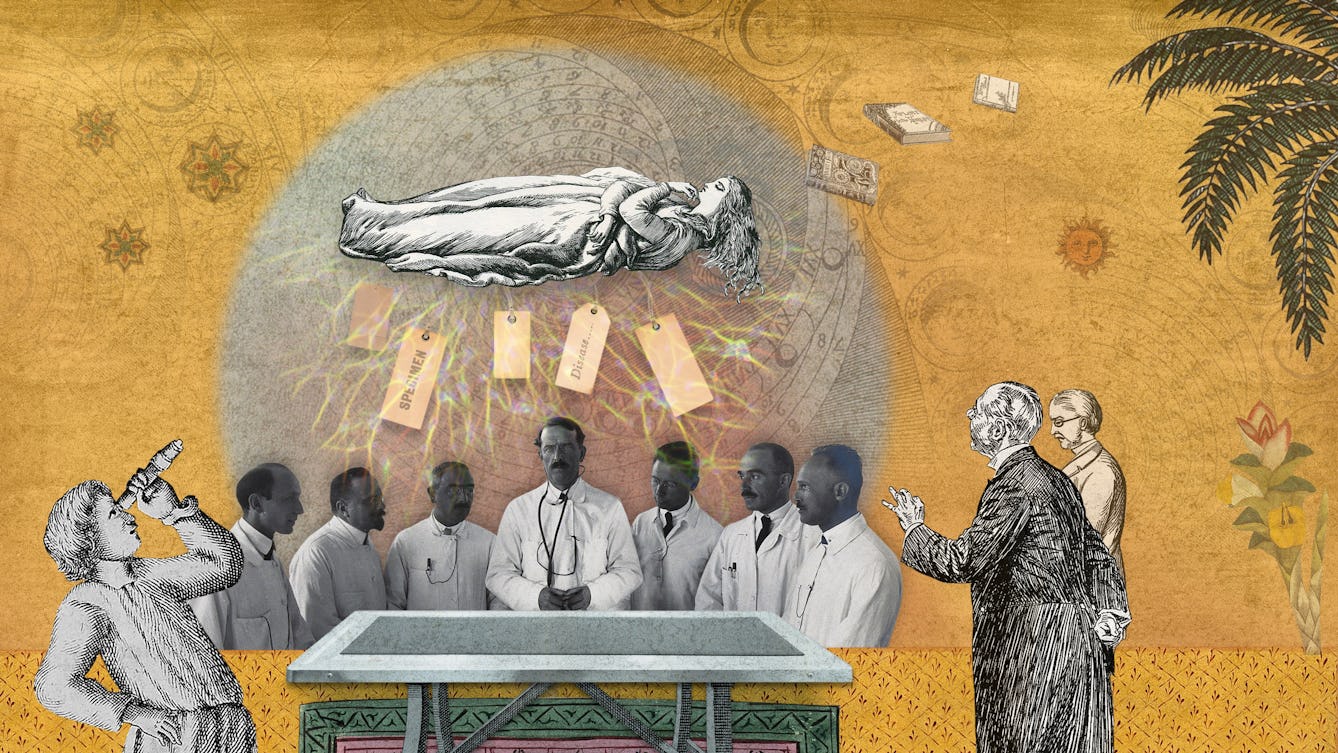
- Article
- Article
The epilepsy diagnosis
Epilepsy exists between the mind and body, something that Aparna Nair experienced for herself when she was diagnosed as a teenager.
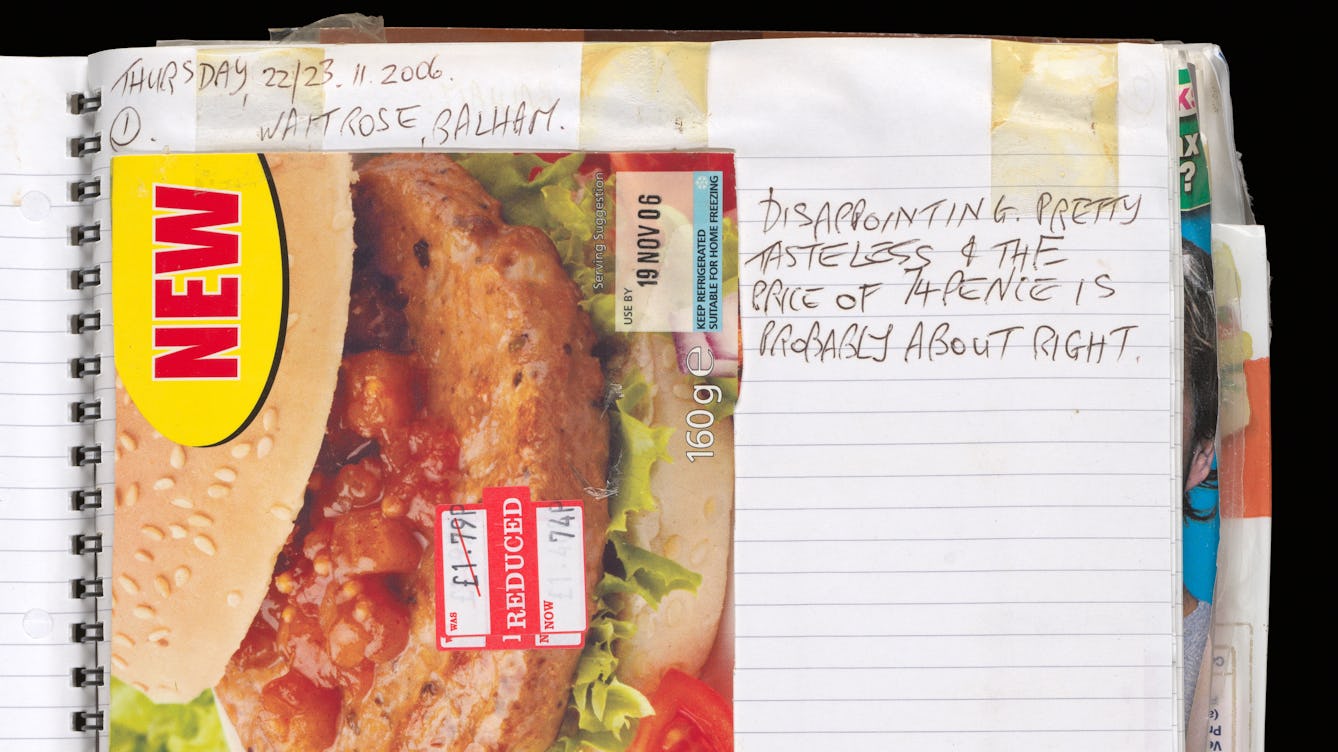
- Article
- Article
Audrey in the world
As the collection is fully catalogued, the archive is opened up to the public. A feature film about Audrey premieres, and Audrey gets her own Wikipedia page, so people can learn about her. For archivist Elena, it’s time to step back.
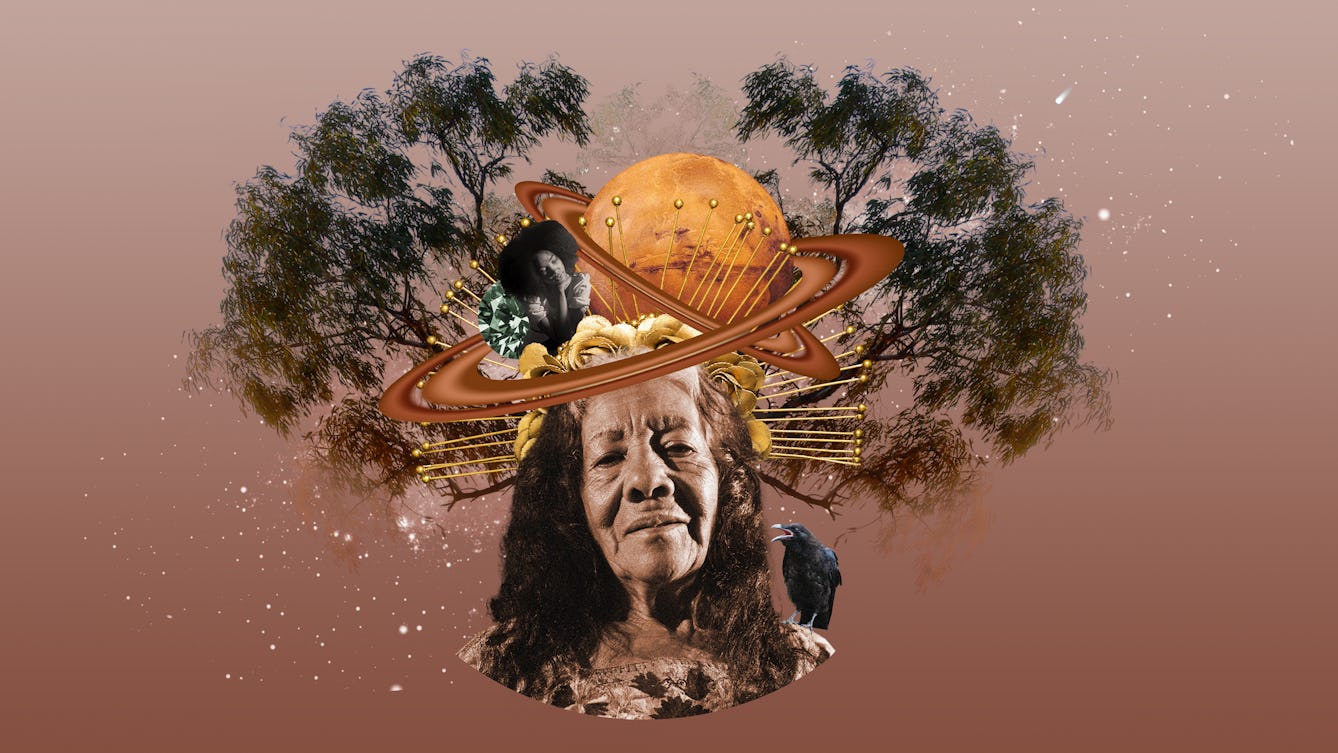
- Article
- Article
Crones
Menopause can be tough when nobody talks about it and all the stereotypes are negative, but it can also be transformative, marking the start of a new stage of life - cronehood.
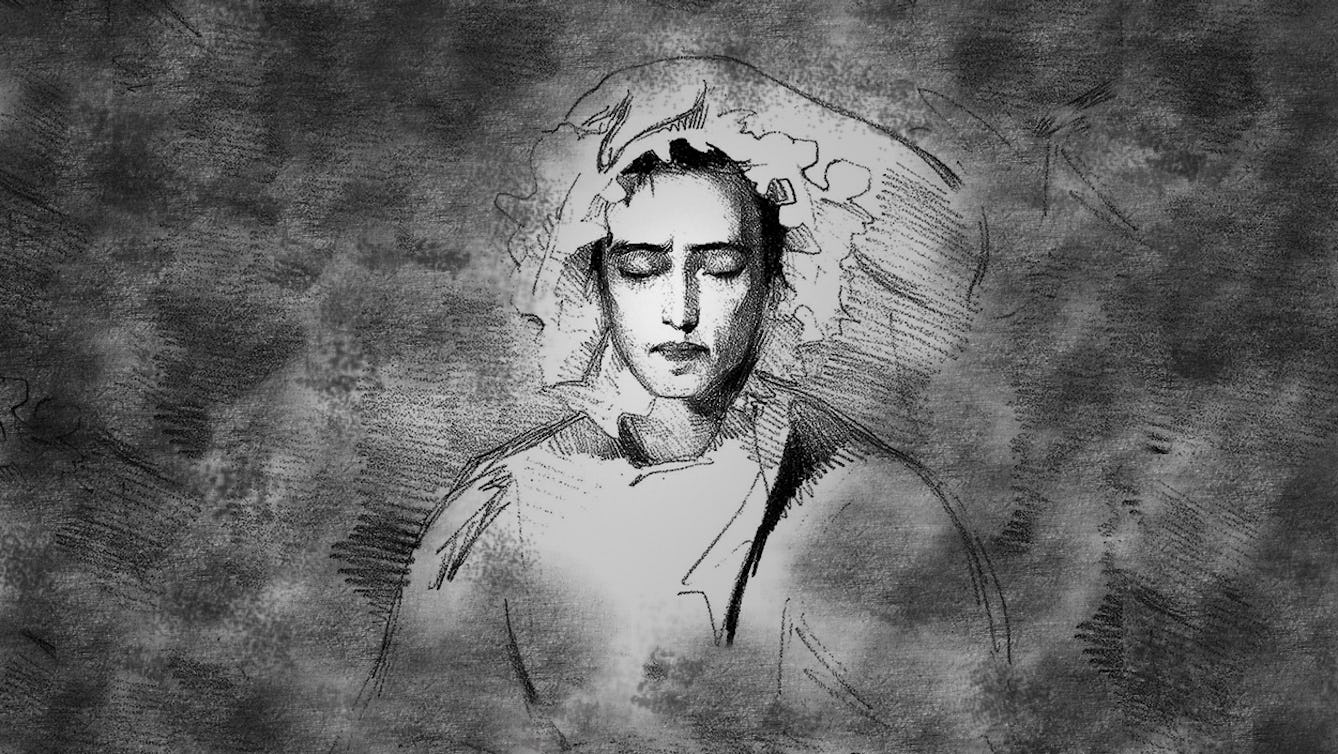
- Article
- Article
A Drop in the Ocean: internal reality
This immersive audio piece was designed to give listeners a greater understanding of psychosis, something that’s hard to explain in words.

- Book extract
- Book extract
“Above resistant pavements, I floated”
In this extract from ‘Living with Buildings and Walking with Ghosts’, walk with Iain Sinclair through the streets of London.

- Article
- Article
Electrical epilepsy and the EEG Test
The EEG (electroencephalograph) literally electrified the diagnosis and treatment of epilepsy. But for Aparna Nair the dreaded EEG tests of her adolescence were a painful ordeal.
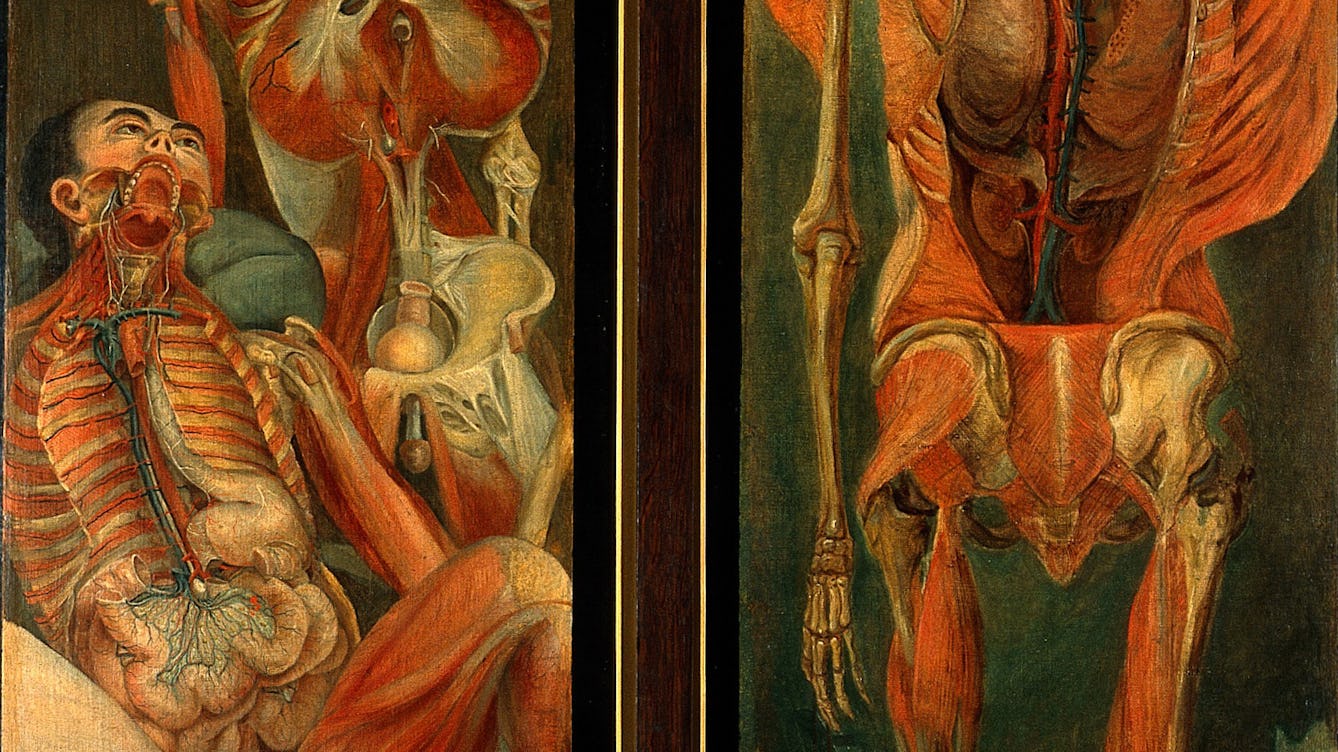
- Article
- Article
Getting under the skin
Before the invention of X-ray in 1895 there was really only one way to accurately study the human body, and that was to cut it open.
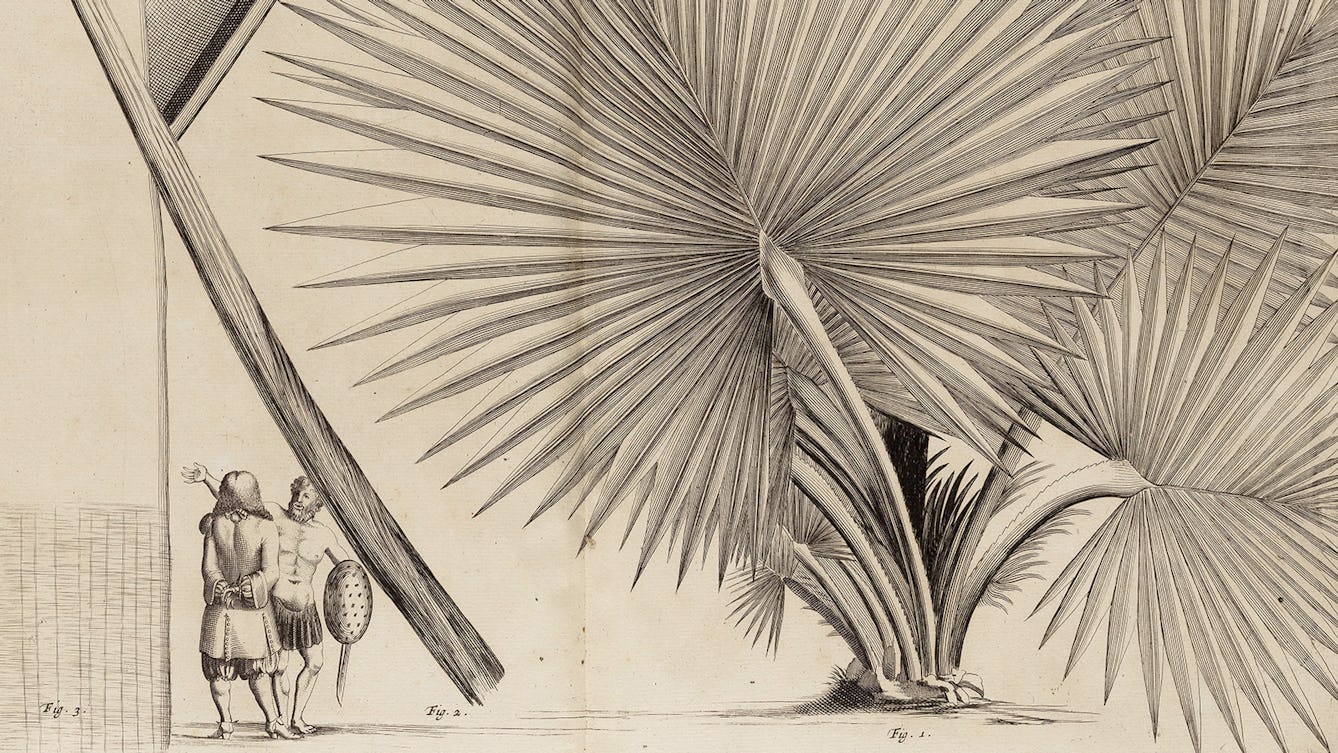
- Article
- Article
Indian botanicals and heritage wars
Colonial botanical texts, as astonishingly beautiful as they are, may cast very dark shadows.